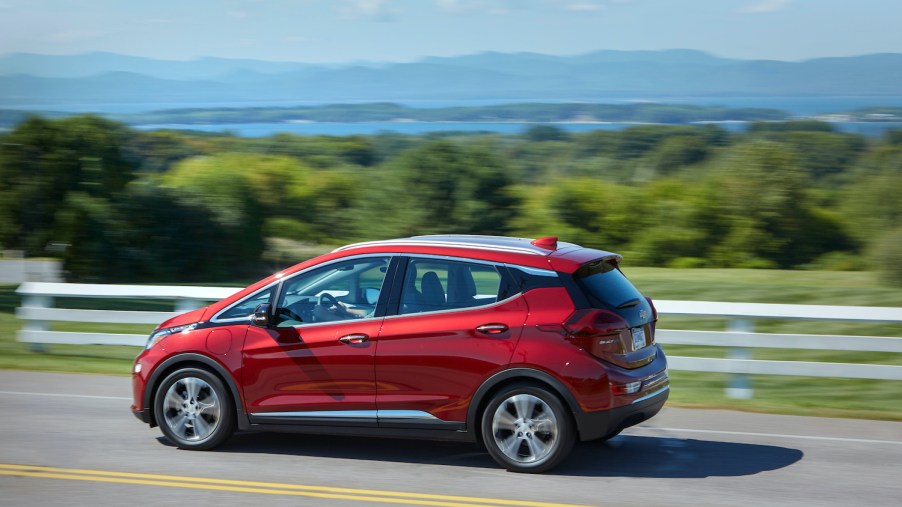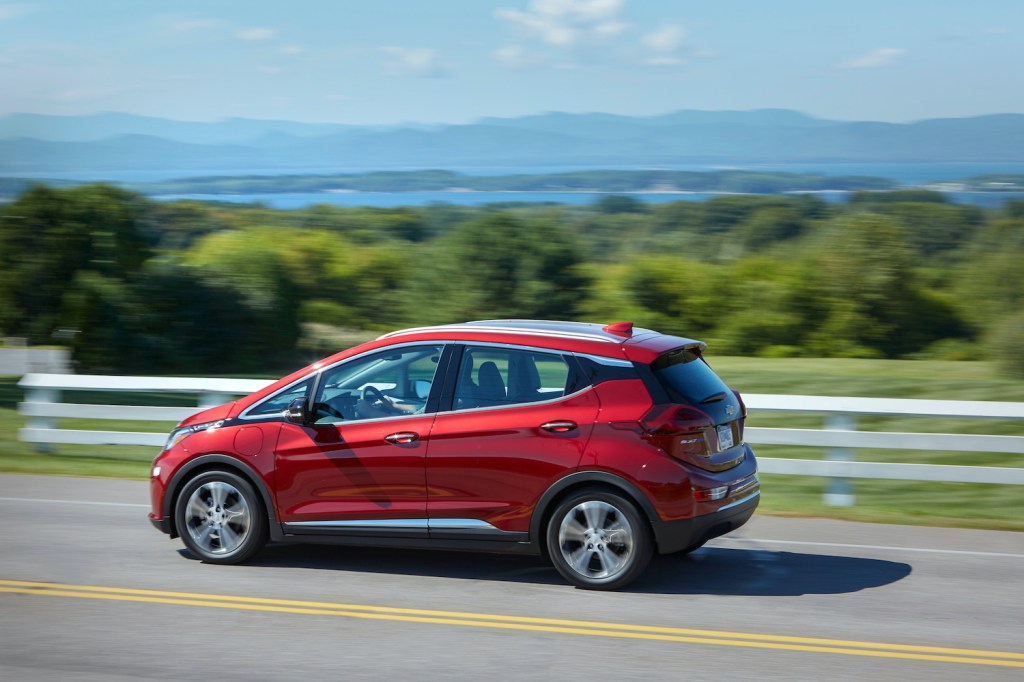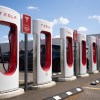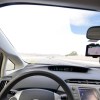
Do You Need Different Car Insurance Coverage for an EV?
It’s been a big year for electric vehicles (EVs). At this point, you may even be considering one for yourself. And if you are? You may be wondering what kind of impact owning an EV could have on your auto insurance coverage. After all, an EV does differ quite a lot from your typical gas-powered car. So, does that mean you need different insurance coverage when you own an EV?

Does buying an EV mean you need different insurance coverage?
According to Kelley Blue Book, the answer is no. If you own an EV, you don’t need different insurance coverage. As it turns out, most car insurance policies for EVs are similar to insurance policies for gas-powered vehicles. There is one difference, however.
In an interview, Daniel Carter, founder of Zippy Electrics, told Forbes, “The only difference is that insurance for an electric car is pricier than that of a conventional car.” According to Carter, “The reason behind this is because electric cars are far more expensive and easy to damage than a car run by gas.”
This expert says the trouble is how much an EV can cost to repair
While EVs have less moving parts than conventional vehicles, Charlie Wendland, head of claims at Branch, told Forbes that it could make them costly to repair. “The trouble encountered on the claims side is that when one of these parts becomes damaged in an accident, the entire part, which may perform five different functions, now needs to be replaced, increasing the overall cost of the claim,” he explained to Forbes.
Wedland added that newer technologies in EVs are driving up repair costs too. “Aftermarket and used parts channels are still being developed,” he told Forbes. “That leaves carriers with no other alternative than to replace damaged parts with original equipment, another cost driver.”
Autotrader reports there are some liability risks to consider too
According to Autotrader, there are some liability risks to consider when insuring an EV. Because EVs sometimes make little to no noise, pedestrians might not realize that a vehicle is approaching them. To prevent the worst from happening, Autotrader says that EV drivers must remain vigilant at all times when behind the wheel.
Autotrader added that the government has also begun developing guidelines to require EVs to make some noise when driving below 18.5 mph. While this might help, it’s important to ensure that you have the proper coverage should something happen. In this case, you want to confirm that your auto insurance policy also includes liability insurance.
Should you invest in extra homeowner’s insurance if you have a Level 2 charger in your garage?
EVs require a charger. For many, that means having a charger installed in their home. If you choose to invest in a Level 2 charger, you might be wondering whether or not doing so will have an impact on your homeowner’s insurance. While you should certainly check in with your provider, Michal Brower of State Farm Insurance told Autotrader, “there is no need for additional coverage because of a high-voltage charger in the home.” However, according to Kelley Blue Book, some insurance providers may ask for photographs or documentation that a professional installed the home-charging unit correctly.
Talk to your insurance provider before buying an EV
In the end, it’s best to talk to your insurance provider before buying an EV. Your provider will have a much better understanding of how purchasing an EV might impact your insurance and will be able to give you an idea of what your auto insurance policy might look like and how much it will cost you if you buy an EV.



